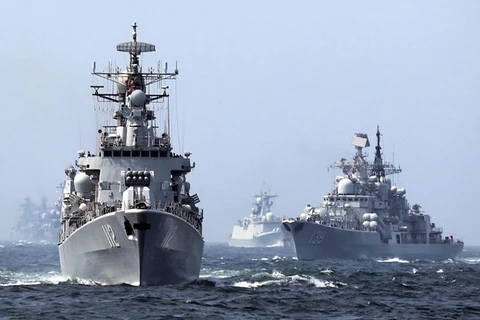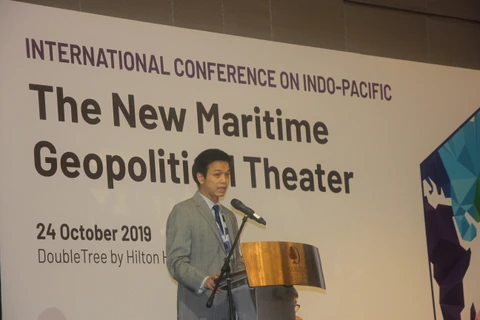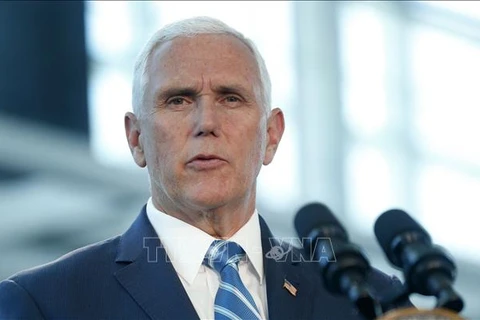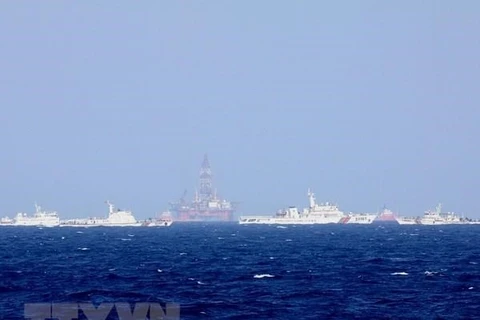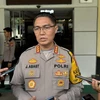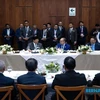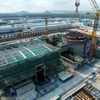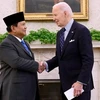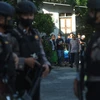Moscow (VNA) – China’s recent activities in the East Sea are contrary to international laws, including the United Nations Convention on the Law of the Sea 1982 (UNCLOS 1982), experts highlighted at a conference held at the Russian Academy of Justice (RGUP) on November 1.
The event drew the participation of many scientists, lecturers, post-graduate researchers and students from leading law schools in Russia.
In his presentation at the conference, Grigory Lokshin from the Centre for Vietnam and ASEAN Studies under the Russian Academy of Sciences’ Institute of Far Eastern Studies stressed China has systematically violated international laws by its illegal activities in the East Sea in the past decade.
He said China’s moves have turned the East Sea into a hot spot internationally, citing as examples its recent deployment of survey vessel group Haiyang Dizhi-8 in Vietnam’s exclusive economic zone and continental shelf, test landing of planes on an airstrip illegal built on the Chu Thap (Riery Cross) reef in Truong Sa (Spratly) archipelago, and militarisation of artificial features in the waters, among others.
Lokshin believed that China attempts to turn an area without disputes or overlapping claims in the East Sea into a disputed one, while hampering legal oil and gas activities of Vietnam and Russia in the waters. He affirmed that there is no legal basis for China to issue claims in those waters.
His view was shared by Dmitri Mosyakov, Director of the Centre for Southeast Asia, Australia and Oceania Studies of the Russian Academy of Sciences’ Institute of Oriental Studies, who emphasized the rule of law in the negotiations on a Code of Conduct (COC) in the East Sea.
All speakers affirmed that all parties should respect recognised international laws including the UNCLOS 1982 to which China is a signatory./.
VNA

